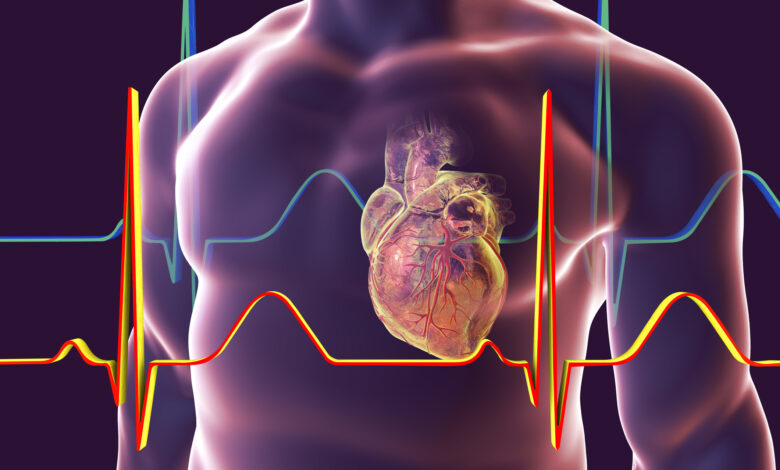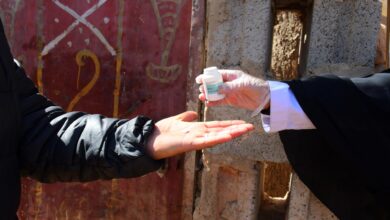
Heart with coronary vessels inside human body, computer illustration. Image Credit: Kateryna Kon/Science Photo Library via Getty Images
HeroesTechnology USAYoung Inventor Finds a Way to Detect Heart Diseases in Seconds!
A 14-year-old teenager based in Texas, the United States, has developed a simple smartphone-based app called Circadian AI. Through his invention, he was able to detect and diagnose some 40 patients with potential cardiovascular diseases… in seven seconds!
“The main focus and goal for me out of this was to essentially create a tool that is able to help a large amount of people just through non-invasive screening procedures,” explains Siddarth Nandyala, the rising freshman at University of Texas at Dallas who intends to pursue a bachelor’s degree in computer science. “Even one life detected is one life saved.”
Siddarth is already an accomplished inventor. In 2022, he designed a prosthetic arm costing $150 in India — the traditional ones cost up to $30,000. In 2023, he founded STEM IT, a startup creating and selling science, technology, engineering, and math kits to students. In 2024, he invented an armband capable of detecting falls in elderly citizens with a 96.1% accuracy rate.
The teen’s goal was to invent an application that would enable them to pinpoint cardiovascular abnormalities during their initial stage when they are often asymptomatic. Early detection generally depends on routine health checkups, electrocardiograms, stress tests, echocardiograms, and blood tests. To operate Circadian AI, the patient places a smartphone near their heart, where it records the sound of a heartbeat. Through enhanced noise-cancellation techniques, ambient sounds are filtered. The recorded sounds go through various amplification algorithms and then are sent to a machine-learning model hosted on the cloud. An intuitive interface displays the results, ranging from arrhythmias, irregular heartbeats, early signs of heart failure, indicators of coronary artery disease, and heart valve abnormalities, as well as explanations about what is normal and what may need medical attention. Clinical tests show that the app has a high success rate in detecting heart abnormalities with 96% accuracy. Siddarth plans to expand his app to the lungs to detect pulmonary embolism, water retention, and pneumonia.



